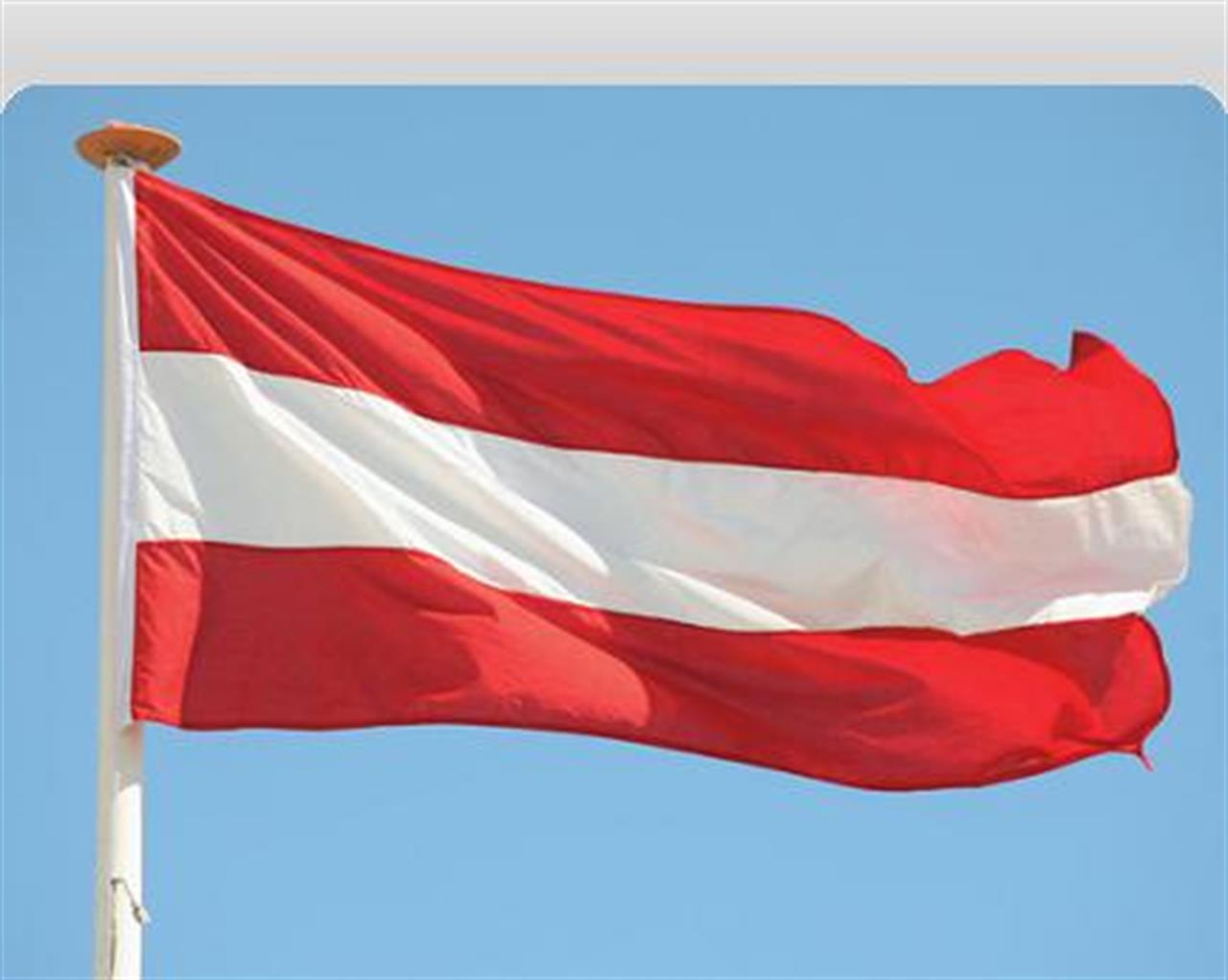Non profit
Budget cuts steal the limelight
Public spending will face a 1.7 billion euros cut in 2011 leaving civil society stranded.

Paul Schmidt, 34, is Secretary General of the Austrian Society for European Politics, Österreichischen Gesellschaft für Europapolitik, an organization founded in 1991 with the aim of informing the public about the European integration process. As the Austrian government announces cuts in public spending of 1.7 billion euros next year, Schmidt explains what is in store for civil society.
What effect will government spending cuts have on Austria’s non profit sector?
A negative effect as a lot of small non profit organisations rely on public funding. Our organization has been lucky so far. However, public authorities that use public money in the field of European information policy are having their budgets cut which, of course, affects us. Our organization cooperates a lot with other institutions, including the public administration. If ministries cut their budgets it will be less likely that we can carry on co-operating the same way as when we do we also co-fund the projects we work on. I don’t know what will happen next year, I know it will be harder as funding for information is always the first thing to be cut.
Is the sector preparing itself for the effects of the cuts in any way?
Not yet. I know that some offices are preparing themselves for more difficult times and they might be confronted with firing people, but on the lobbying side I haven’t heard very much about it.
What challenges will the non profit sector face over the next five years?
I think that the role of civil society will lose some of its weight. The government is so focused on budget cuts that all the other issues are no longer in the spotlight. One challenge will be for civil society to make itself heard even with less ressources at hand. The role the internet and the media play will therefore increase even further. The second challenge is the survival of small organizations. If there is no money, if you can’t employ anyone, how can you keep on working? There are project based offices and those projects are usually financed by the government, but also by private donors. If government cuts affect private wealth, private sector funding will also decrease. The non profit sector has to increase its level of creativity and efficiency in order to survive.
Will anything positive come from the economic crisis?
If you were idealistic, you could say that there is a chance that there might be a reform of the public administration and that this will mean more efficiency in the public sector, but I don’t know if that will actually take place. I think that there will be budget cuts across the board. Maybe in the best cases a reduced budget helps to really refocus on one’s strengths, like in Germany where e.g. research and development will be exempt from budget cuts. It implies that Germany chooses to focus on the sectors of public spending which are really important. But it remains to be seen whether this will really be an advantage.
Cosa fa VITA?
Da 30 anni VITA è la testata di riferimento dell’innovazione sociale, dell’attivismo civico e del Terzo settore. Siamo un’impresa sociale senza scopo di lucro: raccontiamo storie, promuoviamo campagne, interpelliamo le imprese, la politica e le istituzioni per promuovere i valori dell’interesse generale e del bene comune. Se riusciamo a farlo è grazie a chi decide di sostenerci.
